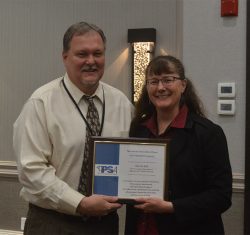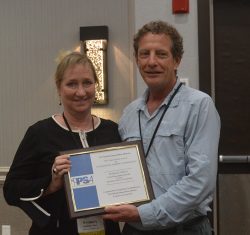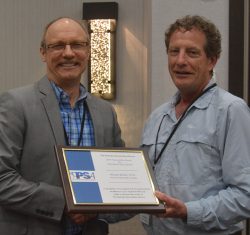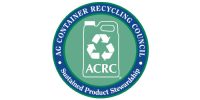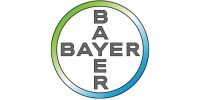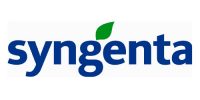Welcome to the TPSA Adviser Newsletter!
![]() Download the printable version by clicking here.
Download the printable version by clicking here.
Laundry Study to keep pesticide applicators clean and safe
Carol Black is devoted to work‐place safety. This is especially true in her job as pesticide education specialist at Washington State University. In pursuit of her work on Personal Protective Equipment (PPE), Carol has traveled to France, Greece, and Brazil. PPE is used to reduce exposure when there is a potential risk for operators.
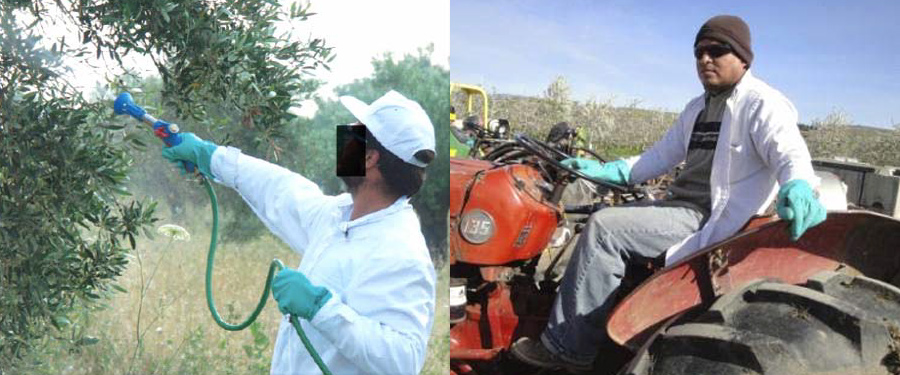
Establishing minimum performance requirements for PPE is required for risk mitigation. This provides a means for risk assessors to communicate to users and other stakeholders the PPE that is available in the marketplace to reduce exposure to an acceptable level. Risk assessors rely on these basic protections so products can be distributed and safely applied by the end user.
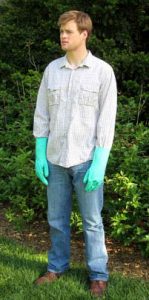 The most common protective garment for many crop protection products today is basic work wear ‐ long sleeve shirt and long pants. To keep workers safe, Black and several colleagues are evaluating laundering practices on clothing worn by professional pesticide applicators.
The most common protective garment for many crop protection products today is basic work wear ‐ long sleeve shirt and long pants. To keep workers safe, Black and several colleagues are evaluating laundering practices on clothing worn by professional pesticide applicators.
Pesticides include any substance used to kill, repel, or control certain forms of plant or animal life considered to be pests, according to the National Institutes of Health.
Carol is working with other pesticide and textile specialists, including Dr. Anugrah Shaw with the University of Maryland Eastern Shore, and other professionals in Brazil and France to update laundering procedures that were last researched in the 1980’s.
“We have over 24,000 licensed pesticide applicators in Washington state requiring protection. Since the most common garments worn are long sleeve shirts and long pants,” Black says, “no one is certain that today’s washing machines and current laundry practices are keeping applicators safe from modern sprays, especially with work wear that is worn over and over again.”
“A lot has changed in the past 30 years,” Black says. “Pesticides, including herbicides and insecticides, are different and less toxic. Clothes are made from newer fabrics and blends. And people’s laundry habits have changed.”
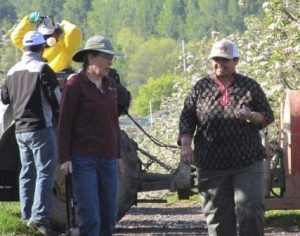
Carol Black and Dr. Anugrah Shaw
Black said the earlier best practices relied on washing with hot water and using detergent that included phosphates. Now, most people wash with warm or cold water and detergents no longer have the phosphate additive. In addition, no one knows for certain if the current high‐efficiency washers that use less water, make a difference.
This summer, Carol will work with licensed noxious weed managers in the state of Washington who apply pesticides using back pack sprayers. The volunteers will wear pants sewn in Brazil to correlate with other studies.
The clothes will be worn and laundered throughout the spray season following the applicators normal routine.
 At the end of the spray season, the clothes will be collected. Dr. Shaw will evaluate the amount of wear to the clothes and then analyze them for remaining pesticide residues. Pesticide residue can bind to clothing, but normally, that’s not a concern.
At the end of the spray season, the clothes will be collected. Dr. Shaw will evaluate the amount of wear to the clothes and then analyze them for remaining pesticide residues. Pesticide residue can bind to clothing, but normally, that’s not a concern.
According to Black, “The concern is if the remaining residue becomes dislodged by the person’s sweat releasing residues from the fabric and then creating a source of contact to the skin of the applicator. The study will evaluate water rinse, artificial sweat rinse, and solvent extraction for comparisons.”
Carol said she doesn’t anticipate any concerns, but true safety requires updating best management practices that are by now three decades old.
Carol Black describes the benefits of being a member of TPSA
Being a member of TPSA has allowed me to make meaningful contacts with state lead agency staff who are responsible for ensuring label compliance, with plant protectant manufacturers who research and manage human exposures to their products, and with pesticide safety educators who explain the importance of clean PPE for applicator’s protection. TPSA brings all the people to the same table to have open discussions for sharing, learning, and asking the tough questions.
2020 TPSA Annual Conference • February 4-6
Marriott Plaza San Antonio
555 S. Alamo St
San Antonio, TX 78205
Get more information on the 2020 Annual Conference by clicking here.
The Pesticide Stewardship Alliance Presents 2019 Awards
TPSA 2019 Conference Highlights
There were two Keynote Speakers:
Ben Bucker, delivering – Politics, Weather Extremes and Failing Grain Stocks
and Commissioner Gary W. Black – Georgia Department of Agriculture – Delivering Five Lessons About Service
Conference Highlights Included:
- Got Rinsate – Now What? – Joe Hoffman, Washington State Department of Agriculture; Scott Birchfield, Syngenta; Elizabeth Buffington, Iowa State University Extension and Outreach, Nancy Fitz, US EPA, Barry Friesen, Clean Farms
- Don’t Drink That! Pesticide Poisoning Cases in North Carolina – Renee Woody, North Carolina Department of Agriculture
- Dicamba Education – Joe Ikely, North Dakota State University
- Pollinator Stewardship – Frank Wong, Bayer CropScience; Caydee Savenilli, Syngenta
- Paraquat Mitigation w/Patsy Laird-Syngenta, Nancy Fitz US – EPA
- Pollinator Stewardship – Frank Wong, Bayer CropScience; Caydee Savinelli, Syngenta
Becoming a Member of TPSA
Since the 2017 Conference, only TPSA Members and conference attendees will have access to Conference Presentations. The TPSA Membership cycle is September 1, 2018 to August 31, 2019 with four categories:
- Individual $75
- Organization $200 (up to 3 individuals)
- Retired $35
- Student $25
Members also receive reduced conference fees and have the opportunity to get involved in the administrative and policy functions of TPSA through committees and projects.
For more member benefit information, click here.
Be sure to check out the TPSA homepage for the member benefits video featuring 4 of our members.
